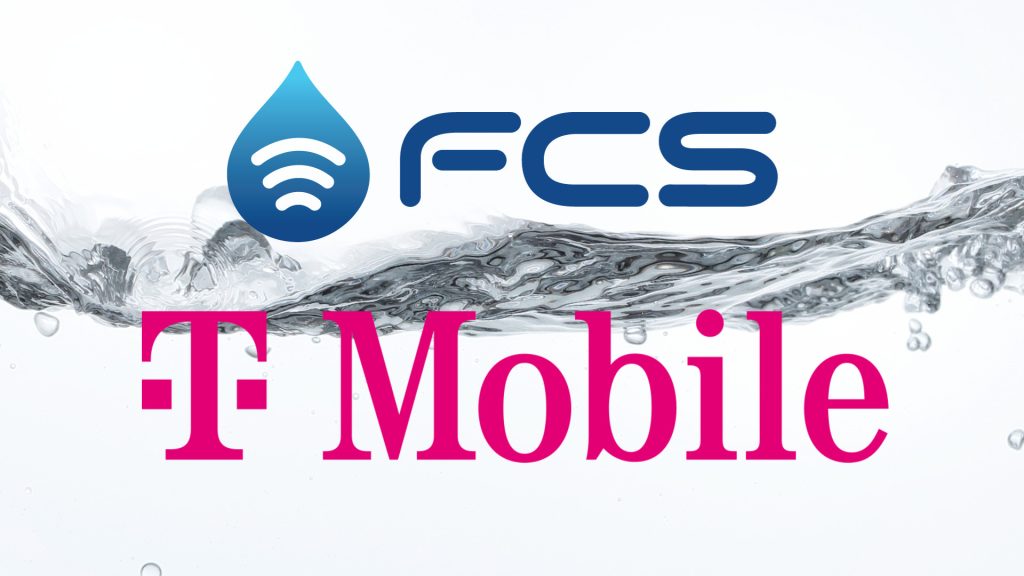Fluid Conservation Systems Teams Up with T-Mobile US for IoT Connectivity

Fluid Conservation Systems (FCS) is partnering with T-Mobile US to integrate IoT connectivity into their acoustic water leak detectors. This collaboration enables continuous remote monitoring, reduces manual inspections, and enhances operational efficiency and intelligence.
In-depth Overview:
Cellular IoT Integration – FCS links its established acoustic water leak solutions with T-Mobile’s IoT network.
Cost Savings – Cellular technology eliminates the need for manual on-site inspections, thereby boosting overall efficiency.
Immediate Action Required – The partnership addresses water loss issues stemming from aging infrastructure, advocating for environmental sustainability.
Based in the US, Fluid Conservation Systems has selected T-Mobile US to provide IoT connectivity for its acoustic monitoring solutions. This collaboration involves leveraging T-Mobile’s business division to connect acoustic data loggers, which have been around for four decades. It aims to reduce manual checks and enable sensor connection in remote areas. While the specific IoT technology chosen by FCS remains undisclosed, T-Mobile US supports NB-IoT, LTE-M, as well as standard 4G-LTE and 5G for advanced IoT applications.
T-Mobile US is gearing up to introduce a limited-capability 5G service termed 5G RedCap in the US. The company highlights its ‘best mobile network’ accolade in the US from Ookla, emphasizing the importance of coverage, reliability, efficiency, and cost-effectiveness in IoT ecosystems. The benefits emphasized include remotely managing fleets of water leak detectors, even in hard-to-reach locations, offering valuable insights.
FCS claims to have pioneered acoustic water leak detection technology four decades ago, collaborating with utilities across the US. Their loggers, robust acoustic sensors, are attached to water pipe surfaces, detecting leaks through unique acoustic signals. The introduction of wireless connectivity, facilitated by T-Mobile US, has led to continuous, automated, and accurate monitoring, significantly reducing the need for expensive manual inspections.
The article underscores the extensive coverage of T-Mobile’s network in the US, addressing connectivity challenges in both traditional and remote areas. This allows FCS sensors to transmit critical data from remote locations, aiding in leak detection and prevention.
FCS emphasizes that the ability to transmit acoustic data directly from ground sensors facilitates utilities in cutting labor costs and swiftly addressing leaks before they escalate. While the cost of loggers may be higher, the connected solution improves management efficiency, provides useful insights, and minimizes manual intervention expenses, promoting efficiency, cost-effectiveness, and environmental advantages.
The article cites challenges faced by the US water infrastructure, including aging pipes and undetected leaks, resulting in significant water loss. Traditional leak detection methods relying on visual cues or random sampling contribute to ineffective maintenance and disruptions. The American Society of Civil Engineers reports an annual loss of approximately 33.3 trillion gallons due to deteriorating infrastructure, underscoring the scale of the issue.
Beth Powell, President of Fluid Conservation Systems, notes the struggle of water utilities nationwide with infrastructure aging and hidden leaks, praising the real-time data provided by T-Mobile-connected acoustic leak detectors for precise leak identification, leading to proactive leak prevention.
George Fischer, Senior Vice President of Sales at T-Mobile’s US business group, hails the collaboration for setting a new standard in water management, emphasizing the importance of innovation, resilience, and infrastructure protection.




